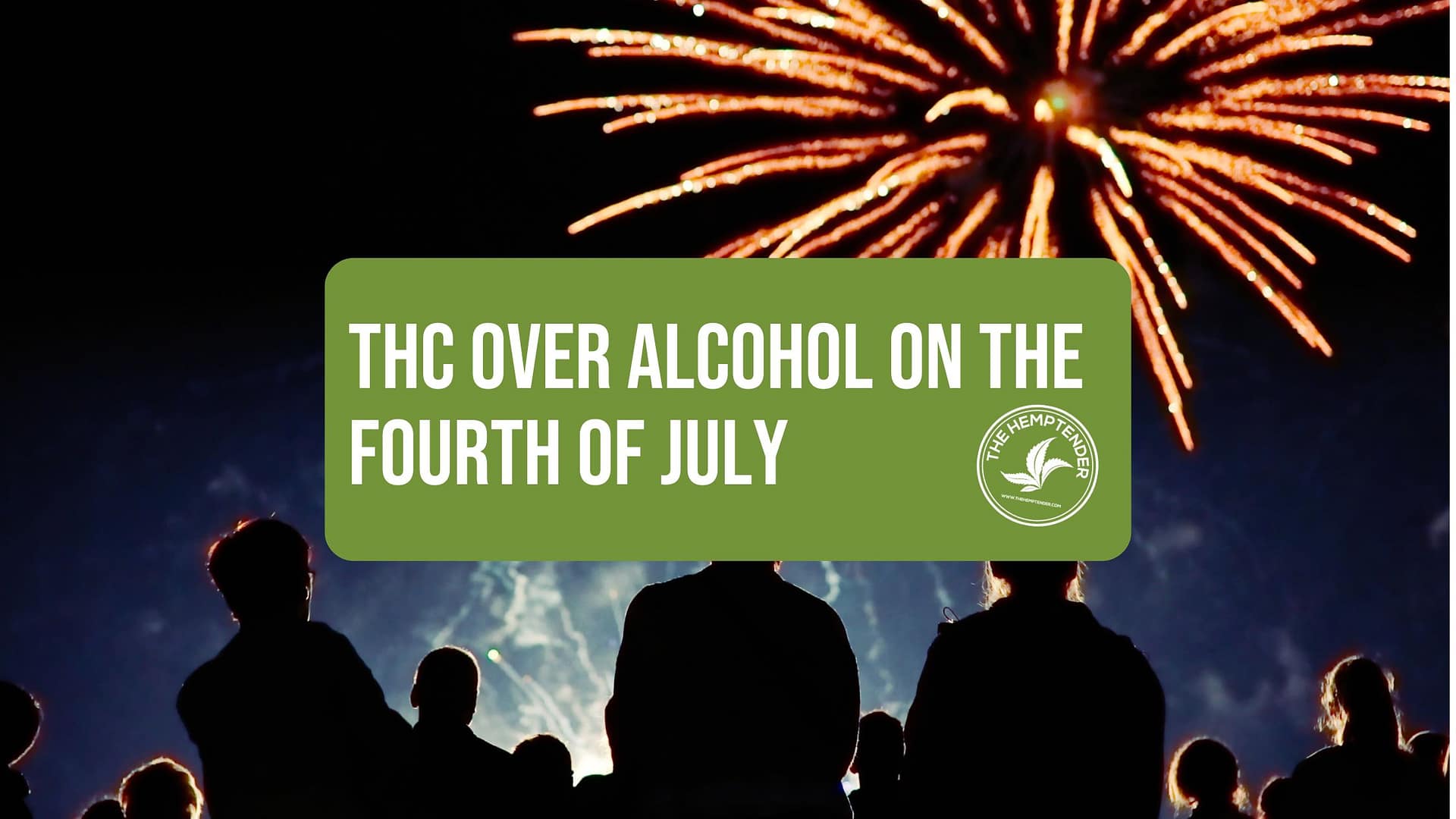Is Hemp-Derived Delta-9 THC Legal?

Thanks to a legal loophole, delta-9 THC extracted from hemp plants might be legal in your state. Here’s everything you need to know.
What is hemp-derived delta-9 THC?
Delta-9 tetrahydrocannabinol, better known simply as “THC,” is the main active ingredient in cannabis that is known for making you feel high. If you’ve ever smoked marijuana, you’re already familiar with delta-9 THC and its effects. For example, delta-9 THC is known for causing a euphoric high alongside a mental lift that has potential uses against depression, insomnia, stress, and anxiety. It may also offer physical relief from chronic pain and inflammation, nausea, muscle spasms, and a lack of appetite.
However, delta-9 THC can be found in both cannabis and hemp. According to the law, there’s a considerable difference between cannabis and hemp. Cannabis Sativa (better known as hemp) contains small amounts of THC. Under the Farm Bill, hemp and hemp products are only legal if they have less than 0.3% THC by dry weight volume. Cannabis Indica (better known as cannabis or marijuana) contains more significant amounts of THC, up to 30%. Delta-9 THC is illegal on a federal level and remains a Schedule I substance.
But because THC can be found in hemp plants and all hemp-derived cannabinoids were made legal under the Farm Bill, hemp-derived THC is legal thanks to a loophole. As long as a product made with hemp-derived THC weighs in at less than 0.3% delta-9 THC, it’s legal in most places.
Chemically speaking, there is no difference between hemp-derived THC and marijuana-derived THC. They’re both the exact same molecule that causes unique physical and mental effects, but they come from different sources. In the eyes of the law, that slight difference in sourcing means everything.
How is delta-9 THC legal?
Really, it all boils down to simple math. If delta-9 THC is sourced from legally compliant hemp and contains less than 0.3% THC by dry weight, it’s legal in most places. While some states have made an effort to ban it, the majority of states are still hemp-derived delta-9 THC friendly.
While these rules aren’t ideal for smokables like vape cartridges, flower, or concentrates, they are a game-changer for edibles. Edibles are also subject to the 0.3% THC by weight rule, making it possible to include normal-sized doses of delta-9 THC in edibles.
For example, our delta-9 formulas are made with a slightly larger gummy and hemp-derived distillate. Each of our delta-9 gummies contains 10mg of THC. Since each gummy weighs around 4 grams, testing at 10mg is under the 0.3% limit.
We use an equation to find the best gummy to THC ratio to maximize potency. If a 4 gram gummy weighs 4,000 milligrams, and we multiply 4,000 by the 0.3% limit, we end up with 12mg THC per gummy. Our gummies are only 10mg per 4000mg serving, which means it’s below the 0.3% legal limit.
You’re still getting a good-sized dose of THC, but in the eyes of the law, it’s legal. Just keep in mind that every state has different laws surrounding hemp and hemp-derived cannabinoids. In some places, hemp-derived THC is entirely illegal, and other states may be working towards banning it in the meantime. The Hemptender follows all State and Federal regulations. Our products contain less than 0.3% Delta-9 THC by weight.
Delta-9 THC: Coming Soon to The Hemptender
As we mentioned, hemp-derived delta-9 THC is legal in most places, thanks to a loophole. In the meantime, we’ve been working on developing our own delta-9 THC edibles and are proud to announce that we’ll be launching The Hemptender delta-9 THC gummies and suckers real soon. But if you’re looking for a pick me up before then, check out all of our THC and THC alternative products we offer in our store and online. You can enjoy free shipping on orders over $75 and take advantage of a 10% discount that will be automatically applied at checkout.



